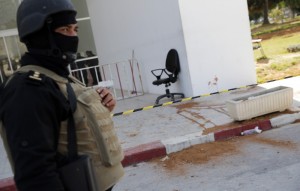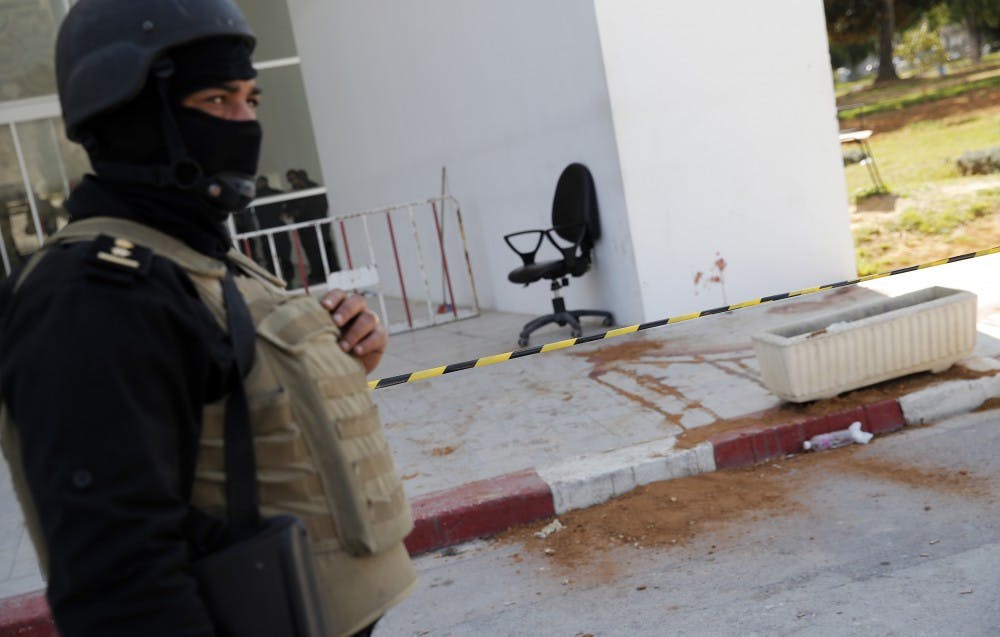By Candace Kellner
Staff Writer
ISIS claimed responsibility after the mass shooting that reportedly claimed 23 lives on Wednesday, March 18, at the Bardo Museum in the heart of Tunis’s capital.
The terrorist group posted an audio statement online that identified the attackers as Abu Zakariya al-Tunisi and Abu Anas al-Tunisi. According to CNN, ISIS said the two men used “automatic weapons and hand grenades” to kill and injure what they called “crusaders and apostates” in the museum.

The ISIS message also warned that this shooting was “just the start.” CNN cannot independently confirm the authenticity of the audio statement. A U.S. official told CNNthat there is no reason to doubt the legitimacy claim. American officials are currently checking the platform that the statement went out on to see if it is linked to ISIS.
In a statement, Tunisian President Beji Caid Essebei said that authorities have already arrested nine people they believe were involved in the attack, including four people who were directly linked to the massacre. According to CNN, the Tunisian Prime Minister Habib Essid identified two suspects in a radio interview as Yassine Labidi and Saber Khachnaou. Labidi, in particular, was “known to the security services ... flagged and monitored,” Essid said.
While the attack occurred in Tunisia, a majority of the victims were foreigners that came from various backgrounds. Many were tourists who were visiting the Bardo came from cruise ships that had been docked in Tunis. The cruise ship companies told CNN that the casualties included people from all parts of the world three Italian and three Japanese citizens. Only three of the victims were Tunisian, according to Aidi. Another 36 people remain hospitalized and an additional eight people have been released.
Tunisian lawmaker Sabrine Ghoubantini told CNN that she is concerned that the terrorism will start impacting the state’s income.
“It’s really sad, and I hope it won’t really affect our economy,” Ghoubantini said.
Another parliamentarian, Mehrezia Labidi, believes that the message must get across to the jihadists that “life in democracy is better than” what terrorist recruiters are telling them.
“We really have to work on the culture, the level of ideas” Labidi said.
However, despite the discord, the Tunisians are unified.
“They are trying to terrify us. But the whole Tunisian people is unified — all the parties, all the civil society organizations, all the countries are unified,” Ghoubantini said.







